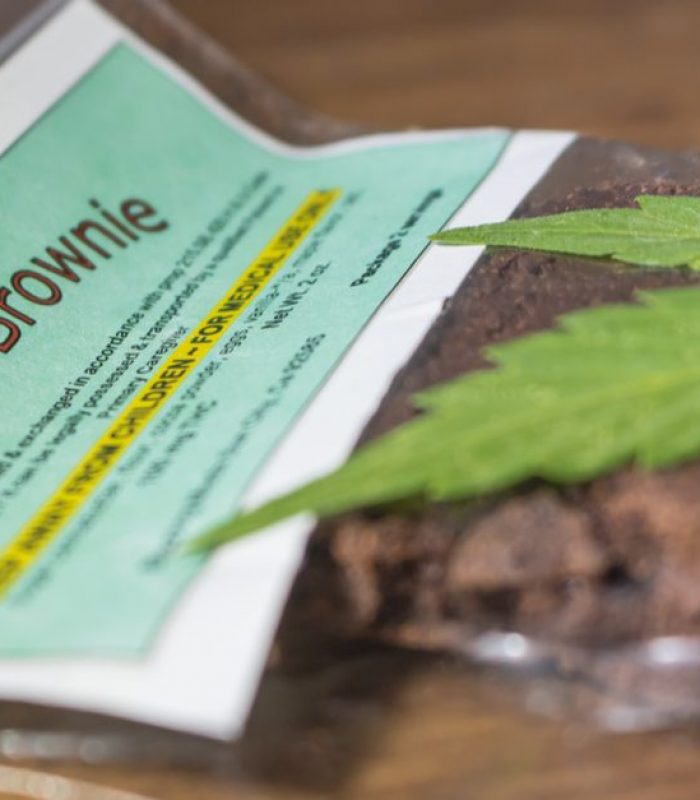THC impairment is very difficult to measure as one could test positive for the presence of THC days or weeks after consumption.
Editor’s Note: This article is archived and will not receive further updates (October 2019).
Police are responsible for enforcing the law fairly and without prejudice, but cannabis laws are clouding the lines between what’s permissible and not for cops across the U.S. and Canada. So, when it comes to legal cannabis, what rights do police have in their civilian lives? Can a charge stick when one tests positive for THC impairment? Even when he or she is otherwise sober?
According to Canada’s CBC News, most police departments across the country allow their officers to use recreational cannabis, while off duty. Precincts in Ottawa, Vancouver and Montreal already have rules in place that allow officers to use the legal substance during their off hours and as long as their work is not affected. Calgary, however, has gone the opposite route and has declared that any police officer using cannabis will be banned from the force!
Can the Canadian Military Consume Cannabis?
The Calgary rule is tougher than the country’s code of military conduct, which allows soldiers to use cannabis during off hours and no more than eight hours before duty (the rule extends to 24 hours for missions involving weapons use or parachuting).
There seems to be widespread agreement that public safety officials shouldn’t be using cannabis while on the job (and less so about what they do on their own time). But the real question is — how can we know for sure?
Drug tests are notoriously unable to calculate how affected a person is from cannabis. And, because elements of THC can stick around in the body for a long time after effects have ceased to hold sway over the body and mind.

Cannabis Sobriety Tests
To gauge whether a driver should be operating a vehicle, police have begun to rely on what they call “drug recognition evaluators.” These evaluators are like field sobriety tests for alcohol, with no true measuring system but do provide anecdotal data on a person’s mental and physical states.
That doesn’t change the rules about driving under the influence, however. In most places where cannabis is legal, it’s still against the law to operate an automobile while high. That applies to everyone, police and civilian alike.
If other crimes are any indication, the strict standards cops use to police the public may not be applied as forcefully to their fellow boys in blue; but if the past practices of the police are any indication, cops may be treated more harshly than civilians when it comes to driving under the influence.
Police culture has had a hard time adapting to cannabis legalization. Certainly, the old guard may favour the zero-tolerance policies. Statistics show, however, that the lack of wiggle room is affecting police recruitment.
How Do You Test For THC Impairment?
Part of that cultural shift is about cannabis-consuming motorists. Some police have complained that the “smell of cannabis” is no longer legitimate grounds on which to search a vehicle. Others have raised the question of just how one tests for THC — and if those tests are at all accurate.
In Canada and some parts of the United States, police are using a “per se” test for THC in the bloodstream, meaning that it’s perfectly legal to drive with a limited amount of THC in the body. Any more than that, and it becomes ‘driving under the influence’. These sorts of laws work well for alcohol, but not cannabis. The problem with this is twofold: tolerance and bad science.
Tolerance is an issue because cannabis, far more than alcohol, is a substance that is hard to overuse. The more people use cannabis, the more they need to achieve the same recreational results. The medicinal benefits remain the same at therapeutic dose, but the high goes away.

You Can’t Predict Cannabis Impairment
The amount of cannabis that puts one person to sleep may barely change the behavior of a more experienced connoisseur. So, the Canadian limit of 5 ng of THC per milliliter of blood doesn’t mean much. The second issue is that alcohol and cannabis do not operate the same way within the body. While traces of THC reside in the body long after effects have worn off, alcohol is quickly flushed out.
This brings us back to police officers. Who is going to test them for THC — and how will it be done? Are police officers subject to the same per se laws as civilians? Would he or she face reprimand for testing positive? Truthfully, an on duty officer could definitely test positive for THC impairment if it had not yet cleared their system. This happens even though the officer is completely sober. So, you can see the civil liberties nightmare brewing for both sides.


